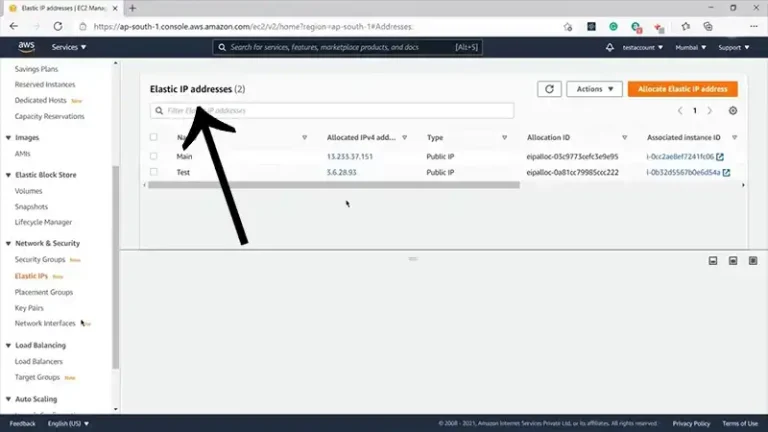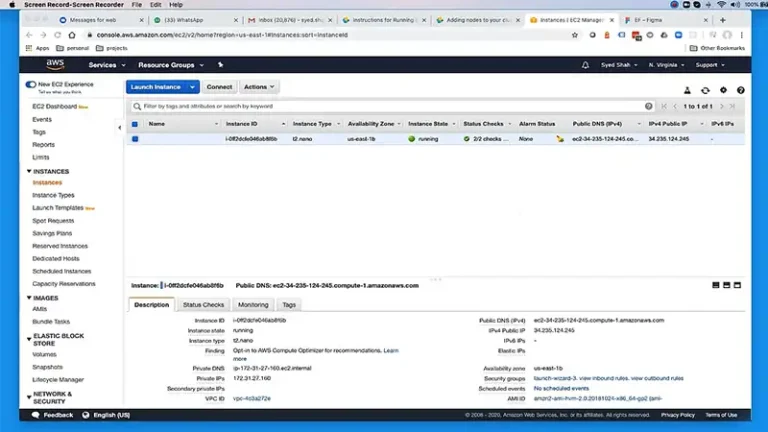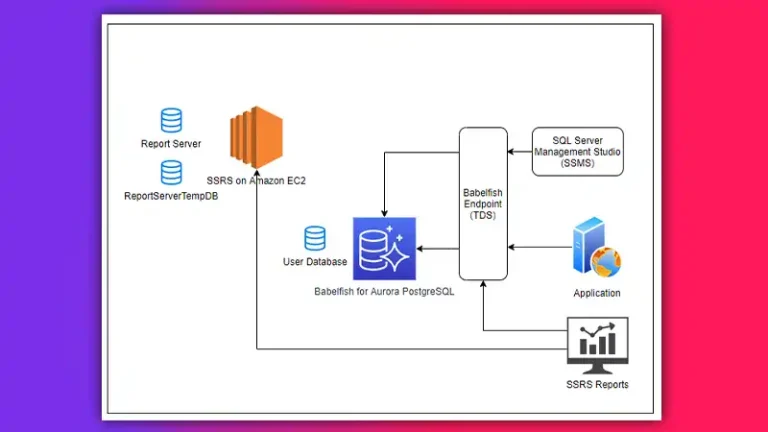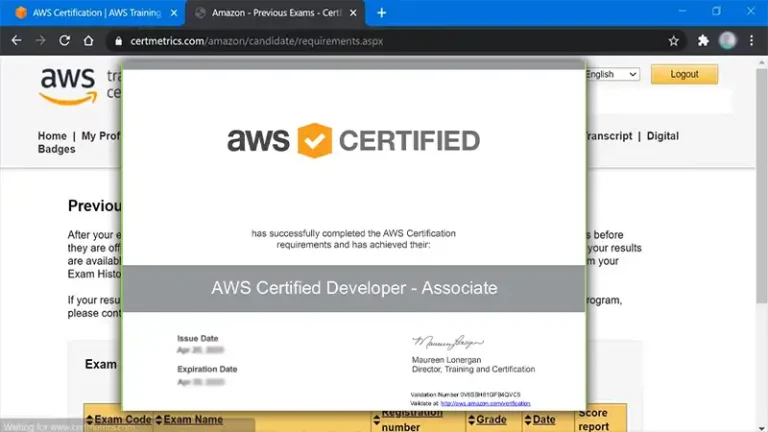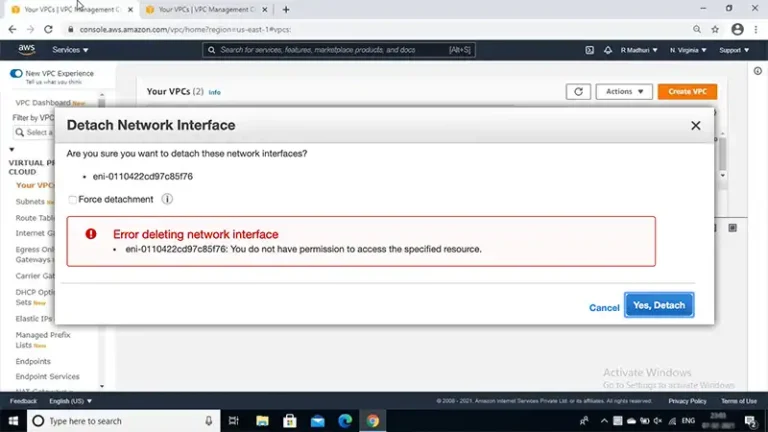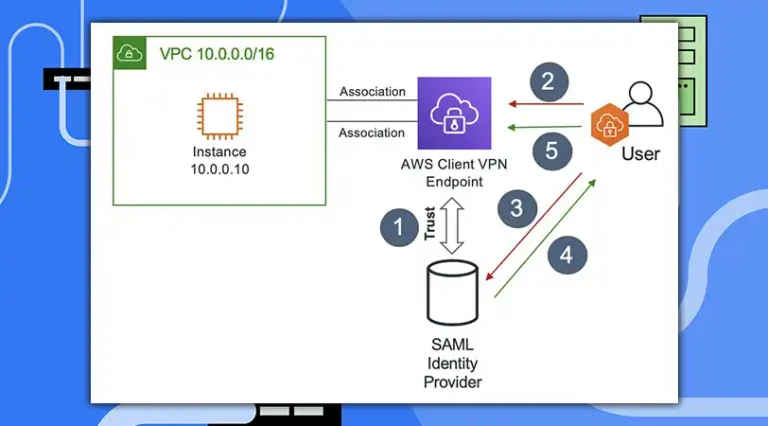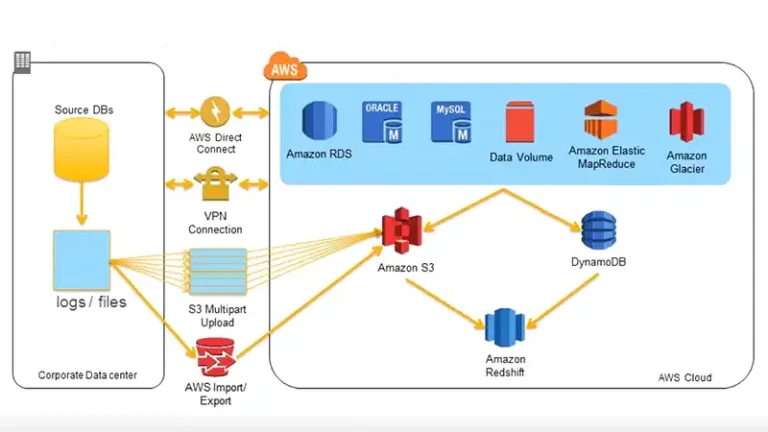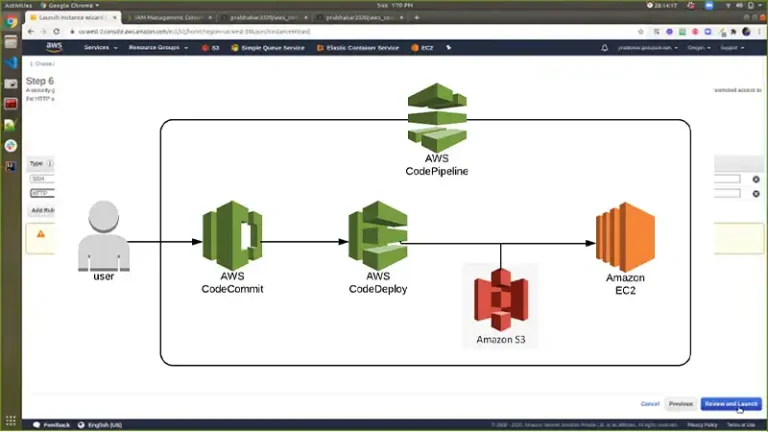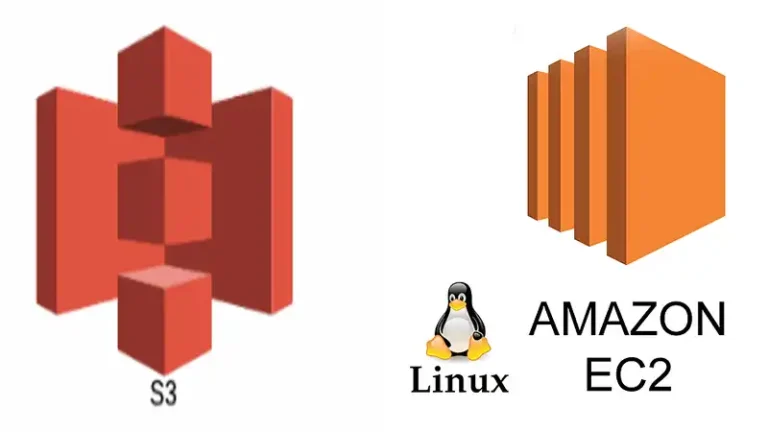A Step-By-Step Guide on How to Delete Elastic IP in AWS
When you terminate an EC2 instance, AWS might not automatically remove the associated Elastic IP Addresses, leading to potential charges of $43.80 per year for each unassociated Elastic IP. In a sizable enterprise, this issue can result in substantial costs, but fortunately, it’s entirely preventable. To delete an Elastic IP (EIP), you can use the…

